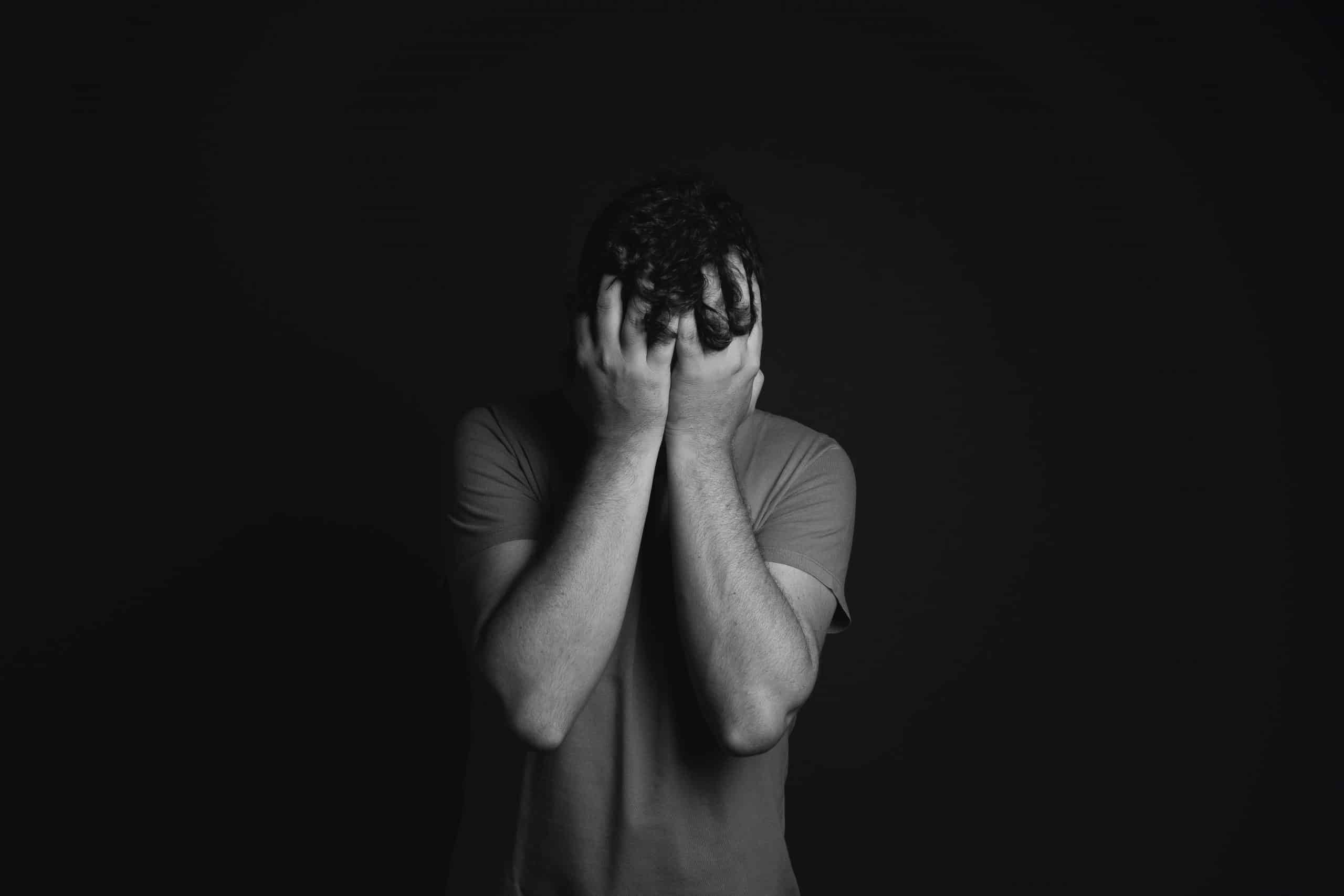Maintaining a sober life means managing seasonal depression. Seasonal depression is often caused by the short days and lack of sunlight that cause some people’s serotonin levels to drop, which could make it harder for you to motivate yourself to make healthy choices. With the rapid spread of COVID-19 making it more difficult to get out of your house, you might be finding yourself mostly confined to your bed or couch this winter. You may find it hard to go outside or remain physically active.
However, maintaining an active lifestyle can help you stay sober by providing a distraction from negative thoughts, stressors, or triggers. Although spring is near, it might take a while before the spring weather settles in and, in the meantime, you have to make it through the homestretch. Below are some important tips to keep your days filled with fun activities and keep seasonal depression away.
Maintain Healthy Eating Habits
Physical and mental health are often linked to each other, so keeping your physical health in check will help your seasonal depression and keep you on the right path of making healthy choices. If you’re struggling with the motivation to make yourself a full meal, try signing up for food services such as HelloFresh and Blue Apron that bring raw ingredients for specific pre-ordered meals to your door.
This takes the pressure off deciding on what to make and in doing so shortens your food shopping process. Many food services like this will list the calories and ingredients in each meal on their site so it will be easier for you to create a habit out of eating healthy. It might be helpful to set up cooking time with a friend over Zoom. This can bring joy to making a healthy meal and provide you with accountability. It will turn cooking into a fun social event instead of a chore.
Keep Your Body Moving
The COVID-19 pandemic may be causing you to feel sluggish. You might have to change up your usual exercise routine due to gyms being closed or on days when the weather is bad. However, exercise is important for your mental health because it increases the serotonin in your brain There are several ways that you can keep your body moving even through a pandemic and cold weather.
Exercising doesn’t always have to mean intensely moving your body. Any type of exercise that you can bring into your life is better than no exercise at all. Try doing squats while waiting for your food to cook or taking a walk if the weather is nice. Every bit counts. If you are looking to build up a sweat, there are numerous workout videos that you can stream.
There are also workout apps that you can download that can provide different workouts that focus on strengthening different parts of the body. You can find workouts that vary in difficulty as well as length. There are many different types of workout programs and ways to stay active so it’s important that you find the activity that works the best for you and your schedule.
Keep Your Schedule Full
When you’re stuck inside all day because of the combination of the weather and the pandemic, it’s easy for your brain to become obsessed with negative thoughts, which is why it is important to keep your mind busy. You could start a puzzle or an arts and crafts project, redecorate a room in your house, or clean out a filing cabinet. Planning events like virtual board games with your friends or craft nights can give you something to look forward to since regular activities like going out to eat, to the movies, or to a ski resort are either harder or impossible to schedule.
Even though your calendar may not be filled up with your usual winter or spring activities, you can still find ways to keep yourself busy while still being safe during the pandemic. A good way to keep your brain active is to take an online class. This is a good way to learn a new skill or strengthen the skills you currently have. Taking an online class is also a good way to meet new people.
Stay Connected With Your Peers
Staying connected with your peers is important in recovery. It helps you create a support system of individuals who understand what you are going through. While it may be more difficult to stay connected to your community, online platforms such as Zoom and Google Hangouts allow you to stay connected to people while staying socially distanced. With warmer weather on the horizon, it may even be possible to meet a small group of people in a socially distanced area. If you are missing in-person interactions, make plans to meet up with your peers when the weather is warmer. This will give you something to look forward to.
The combination of COVID-19 and cold weather may be causing your seasonal depression to worsen and tempt you to return to unhealthy habits. While winter is coming to an end, the last few weeks of crummy weather are always the hardest. If you are struggling to stay on your path of recovery, please reach out for help. Keeping your depression at bay may require eating healthy, keeping your body moving, keeping busy, and staying connected with your peers.
Shoreline Recovery Center can help you through these difficult times and keep you on the right path to recovery. Our professionals can help you survive the last few weeks of winter by helping you connect with your peers and providing you with tools to manage your addiction during these confusing and difficult times. You are not alone and Shoreline Recovery is here to help. Please call (866) 284-5764 for more information about our programs.




